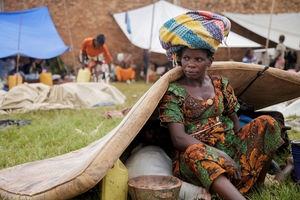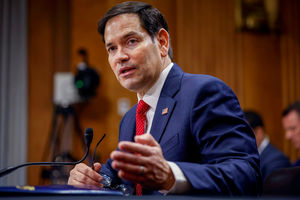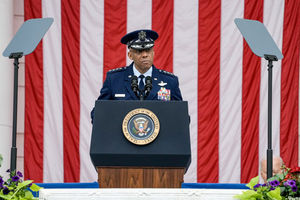In row with Ethiopia, Somalia is backed by traditional allies

Somali police officers hold a demonstration at Eng Yariisow Stadium in Mogadishu on January 3 in support of the government against the port deal between Ethiopia and Somaliland. PHOTO | COURTESY
What you need to know:
- Somalia declared the pact between Addis and Hargeisa null and void and promptly recalled its envoy in Addis Ababa.
Somalia ignored a call from Ethiopian officials who were this week working to de-escalate tensions after Mogadishu protested against port and sea access deal between Addis Ababa and breakaway region Somaliland.
Two diplomats at the regional bloc, Intergovernmental Authority on Development (Igad) indicated that Ethiopia sought to calm the tensions by placing a call to Mogadishu, which elicited no response.
Neither Mogadishu nor Addis publicly confirmed any rapprochement, but our sources said Prime Minister Abiy Ahmed sought to reassure Mogadishu that he wasn't seeking to violate its territorial integrity.
Somalia declared the pact between Addis and Hargeisa null and void and promptly recalled its envoy in Addis Ababa. But it did not follow it up with further action, even as some feared it could expel the Ethiopian ambassador.
The MoU has not been publicised but Somaliland officials claimed Ethiopia would be the first country to recognise it in exchange for access to the sea.
But Somalia is happy that its traditional allies stood by it.
The African Union and Igad, urged both sides to de-escalate and discuss the matter amicably, something Mogadishu dismissed.
Which is why Turkey’s statement was more visible. Turkish Foreign Affairs Spokesman Oncu Keceli rebuked Ethiopia for violating international practice by entering into a deal with Somaliland “without the knowledge and consent of the government of Somalia.”
“We reaffirm our commitment to the unity, sovereignty and territorial integrity of the Federal Republic of Somalia. We emphasise that this is also a requirement of the international law,” he said on Thursday.
Turkey has a defence pact with Somalia and is one of the biggest investors in Somalia, having sent in humanitarian aid worth over $1 billion in the past decade.
The Arab League reacted on Wednesday, affirming its full solidarity with Somalia.
"The Arab league slams the meddling in fragile internal conditions in Somalia and capitalise on stalemate of the conciliation negotiations among the Somali parties," it said.
The European Union, too, rejected the deal.
Moussa Faki Mahamat, chair of the African Union Commission, appealed for calm and mutual respect to ease the friction between Ethiopia and the Somalia.
" I call on the two countries to avoid any action that could harm the good relations between the two neighbouring Eastern African countries," he said.
Dr Workneh Gebeyehu, Executive Secretary of Igad, said: "I appeal to the two sisterly countries to collaborate towards a peaceful and amicable resolution of the situation, upholding the shared values that unite the Igad family."
Kenya endorsed the African Union position and asked both sides to respect territorial integrity of one another.
Sudan, traditionally a Somali ally condemned the MoU as a violation.
There are reasons neighbours have asked for de-escalation, even as allies like Egypt firmly stood in the corner of Somalia (Egypt has a Nile dispute with Addis).
Somalia and Ethiopia are both, technically, ancient nations. One was colonised, the other wasn’t. In the past they went to war in Ogaden, then became allies. That explains, partly their history.
Bickered with Kenya
Today, both have internal strife. Somalia is battling al-Shabaab and rebuilding collapsed state institutions. It is fighting to remain united as it were before 1991. In the past, it has bickered with Ethiopia and Kenya, separately, over alleged interference in its internal affairs. Those tiffs fizzled out after talks.
Ethiopia just emerged from the war in Tigray and is fighting an insurgency in Amhara, where it imposed a state of emergency, plus other violent clashes elsewhere across the country. It needs an assured access to the sea to remain competitive and protect itself.
Ethiopia had access to the sea when ports of Massawa in today’s Eritrea served were in its territory.
The history of Somaliland’s quest for “independence” is long but problems started in 1991 after the fall of Siad Barre regime in Somalia.




